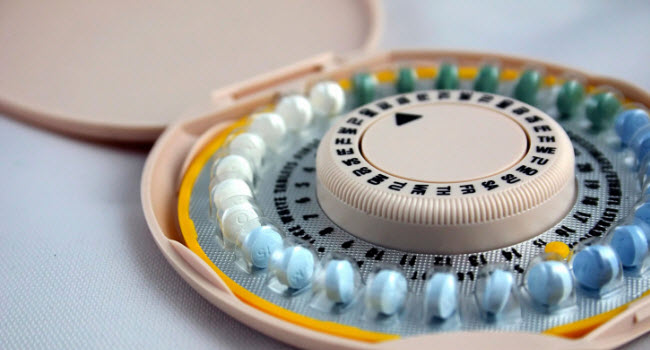By Luke Nolan
Last week, a video released by attn:, a media organization, went viral. In it, actress and activist Sophia Bush claimed not only that birth control is a human right, but she also made the argument that government should not interfere with access to birth control (which it doesn’t).
By claiming that birth control is a “human right,” one implies and justifies increased government interference and regulation of the body. While not only being condescending, Bush is also blatantly contradictory.
She fails to understand just what the implications of making birth control a “human right” are, namely increased regulation of one’s body.
Approved by the FDA in 1960, “the pill” has since come into common usage throughout the nation, as well as the world.
“31 percent of women and girls take the pill to ease (menstrual pain),” according to the FDA, citing the Guttmacher Institute.
However, what is not even brought up in the attn: video are the common side effects of using oral birth control, namely weight gain, severe menstrual cramps, increased risk of stroke, blood clots, worsening of depression and infertility even after one stops taking oral contraceptives.
According to the International Agency for Research on Cancer, usage of oral contraceptives also increases one’s risk of getting breast, liver and cervical cancer.
Given these side effects, it would be hard to rationalize using the pill for cosmetic purposes such as acne or even to regulate one’s cycle, when the side-effects of using oral contraception often worsen the problem and then some.
A major problem in regards to how artificial contraception has negatively impacted society would be its effect on relationships, conceptions of human worth and the family.
The term “birth control” is nothing if a tad Orwellian. Since its introduction, the pill has had catastrophic consequences in terms of personal relationships. Birth control has led to the rejection of the consequences of sex and the responsibilities involved in that consequence, namely raising a child.
The pill has divorced sex from its most fundamental and important purpose, that of pro-creation.
The pill becomes an avenue in which one can escape responsibility and commitment. This leads to the degradation of a person now viewed as merely a means of pleasure, rather than an end in themselves.
Furthermore, this rejection of responsibility and shift towards short term, pleasure-oriented hook-up culture, has led to endemic levels of fatherless households as well as sexual abuse; all of which is tied back to the reduction of people to mere means of achieving sexual gratification rather than individuals with intrinsic dignity and worth.
The pill has reduced intimate relationships to something selfish, shortening relationships and enabling the throwaway culture often referred to by Pope Francis.
While the original intentions of the pill were to strengthen marriages, the consequences from that hypothesis have been catastrophic in terms of relationships, fatherless households and physical and mental health.
Given the failure of the “hypothesis,” perhaps it is time to seek a better, less intrusive and more natural way to be healthy – one that does not require or promote the ingestion of harmful carcinogens and the crumbling of relationships and self-worth.
nolanl17@bonaventure.edu






